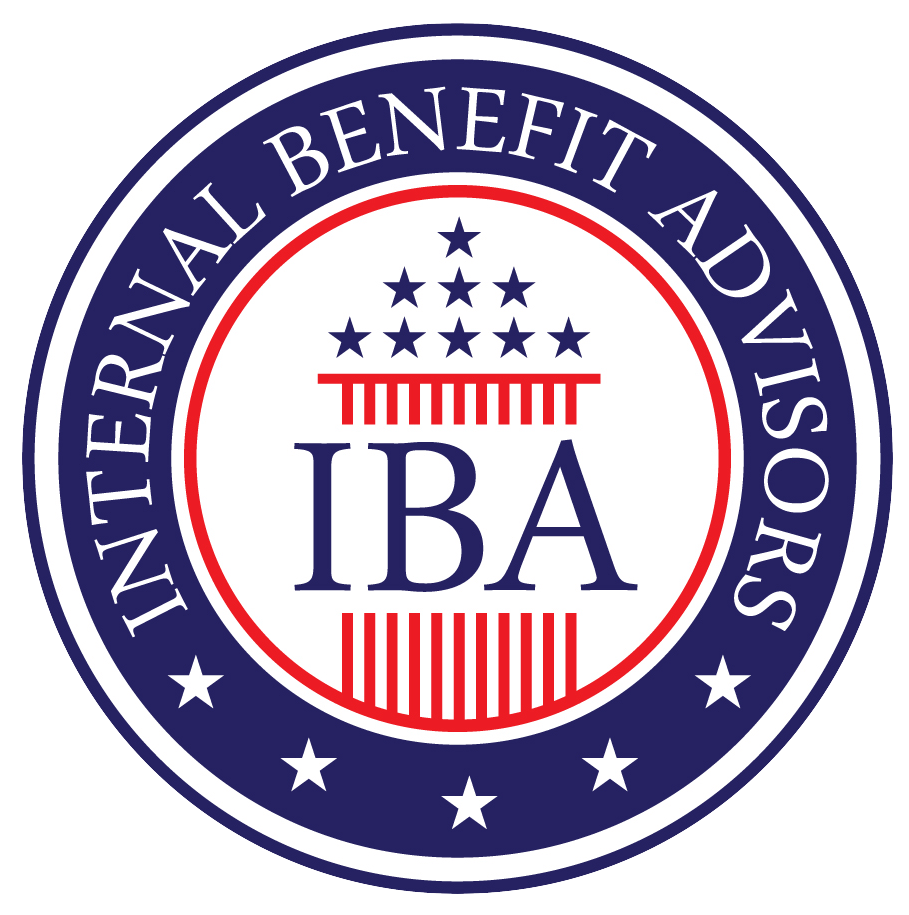As a Federal Employee, you’ve spent years contributing to your Thrift Savings Plan (TSP) and building your FERS pension. But did you know that poor insurance choices in retirement could undo decades of careful planning? According to a recent FedWeek analysis, many retirees overlook critical coverage gaps that cost them thousands annually.
Critical Insurance Crossroads Every Fed Faces
✅ FEHB vs. Medicare Dilemma
- Pro Tip: Keeping FEHB with Medicare Part B often provides the most comprehensive coverage at the lowest cost
✅ FEGLI: Keep, Reduce, or Drop?
- Shocking Fact: Private term life insurance often costs 60% less than FEGLI for healthy retirees
✅ The Long-Term Care Blind Spot
- Urgent Stat: 52% of Americans turning 65 will need long-term care, yet most federal benefits don’t cover it
The journey towards retirement as a Federal Employee is often filled with excitement about new freedoms and opportunities. However, as an insightful article on “Key Insurance Decisions to Make in Retirement” points out, there are crucial choices regarding your Federal Benefits that pave the way for a truly secure and worry-free future. It’s about ensuring your Retirement Planning covers not just your income through your FERS pension and Thrift Savings Plan (TSP), but also your well-being through smart insurance coverage.
Meet James: Facing the Insurance Maze
James is a Program Analyst who has served the federal government diligently for over 30 years. With retirement on the horizon, he felt confident about his financial preparations, especially his TSP savings. However, a colleague shared an article about insurance decisions for retirees, and James started to feel a knot of anxiety. “I’ve got my pension and TSP sorted,” he thought, “but what about all this insurance stuff? FEHB, FEGLI… it feels like a maze!”
His main concerns revolved around:
- Federal Employees Health Benefits (FEHB): James knew his FEHB was excellent, but the rules for carrying it into retirement seemed complex. “Do I automatically keep it? Will the cost change drastically?” He learned that to continue FEHB into retirement, he must be eligible and typically must have been enrolled in an FEHB plan for the 5 years of service immediately before retirement.
- Insight: Many Federal Employees find that FEHB is one of their most valuable Retirement Benefits, often more affordable and comprehensive than many private plans available to retirees.
- Federal Employees’ Group Life Insurance (FEGLI): James had maintained his FEGLI coverage but hadn’t looked at the details in years. “I have life insurance, but what are my actual options when I retire? Can I reduce it? What happens to the premiums?” FEGLI offers choices at retirement regarding how much coverage to keep, and these choices directly impact the premium costs, which can increase significantly for certain options as one ages.
- Statistic: A surprising number of employees are unaware of the different FEGLI reduction options at retirement (75% reduction, 50% reduction, or No Reduction for Basic, and choices for Optional insurance) and how these affect premiums.
- The “What Ifs” – Considering Long-Term Care: The article also made James think about potential future needs, like long-term care. While not always top of mind during active employment, planning for this possibility is a key part of comprehensive Federal Retirement Planning. The Federal Long Term Care Insurance Program (FLTCIP) is designed for this.
Finding Clarity and a Path Forward
Feeling the pressure, James decided he couldn’t navigate these critical decisions alone. He sought out specialists in Federal Benefits who could provide clear, unbiased advice – the kind of support offered by firms like Internal Benefit Advisors. He wanted someone to:
- Explain his FEHB options in plain English: Helping him understand the enrollment requirements for retirement and potential premium implications.
- Break down his FEGLI choices: Showing him cost projections for different levels of coverage in retirement so he could make an informed decision that fit his family’s needs and budget.
- Discuss the pros and cons of FLTCIP: Helping him assess if this was a necessary part of his plan.
- **Ensure these insurance decisions were harmonized with his overall Retirement Planning, including his TSP withdrawal strategy and pension income.
Why Every Federal Employee Needs to Pay Attention
The insurance decisions you make at retirement are not minor details; they are fundamental to your long-term financial health and peace of mind.
- Did you know? For FEGLI, if you elect No Reduction for your Basic insurance, the premiums continue for life, but the coverage remains at its full value. If you choose a reduction, the premiums for Basic may cease at age 65 (or retirement, if later), but the coverage amount decreases.
- Consider this: Healthcare costs can be unpredictable in retirement. Having robust FEHB coverage provides a significant buffer against unexpected medical expenses.
Don’t let confusion or anxiety paralyze your planning. Understanding and strategically managing your insurance Federal Benefits is a non-negotiable part of sound Federal Retirement Planning. As James discovered, “Talking to an expert transformed my worry into confidence. I now know I’ve made the best choices for my future.” Seeking professional guidance can illuminate the path and help you secure the comfortable retirement you’ve earned.
Why This Matters for Your Retirement Security
- Healthcare costs consume 15-20% of the average federal retiree’s income
- Unnecessary FEGLI premiums can drain $500+/month from your TSP withdrawals
- A single year in long-term care could wipe out $100,000+ from your nest egg
How Internal Benefit Advisors Protects Your Future
At Internal Benefit Advisors, we’ve helped over 5,000 Federal Employees optimize their Retirement Benefits through:
✔ Personalized FEHB/Medicare optimization audits
✔ FEGLI replacement strategies that save retirees $6,000+ annually
✔ Custom long-term care solutions tailored to federal benefits
*”The most expensive mistake federal retirees make? Not revisiting insurance needs. A 2-hour consultation typically uncovers $10,000+ in annual savings.”* – Mark R., Federal Benefits Specialist
Your Action Plan
📅 12-24 Months Out: Schedule a benefits audit
📊 6 Months Out: Finalize Medicare/FEHB strategy
💡 Retirement Day: Implement optimized insurance portfolio
References:
Don’t let insurance missteps shrink your retirement—claim your personalized analysis today.




